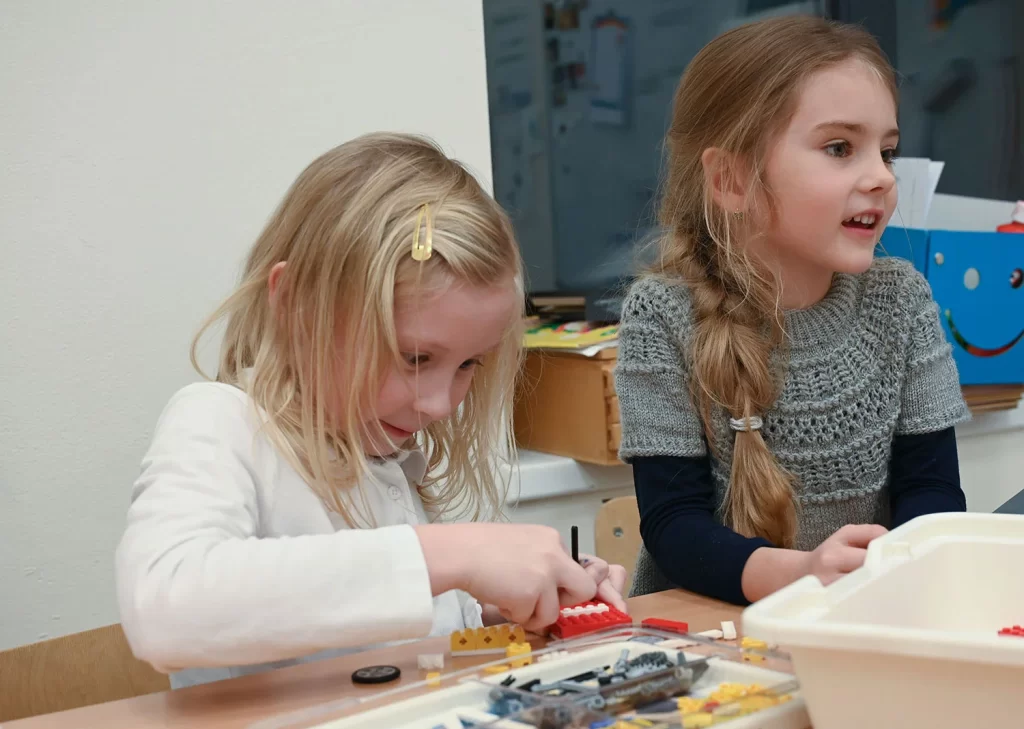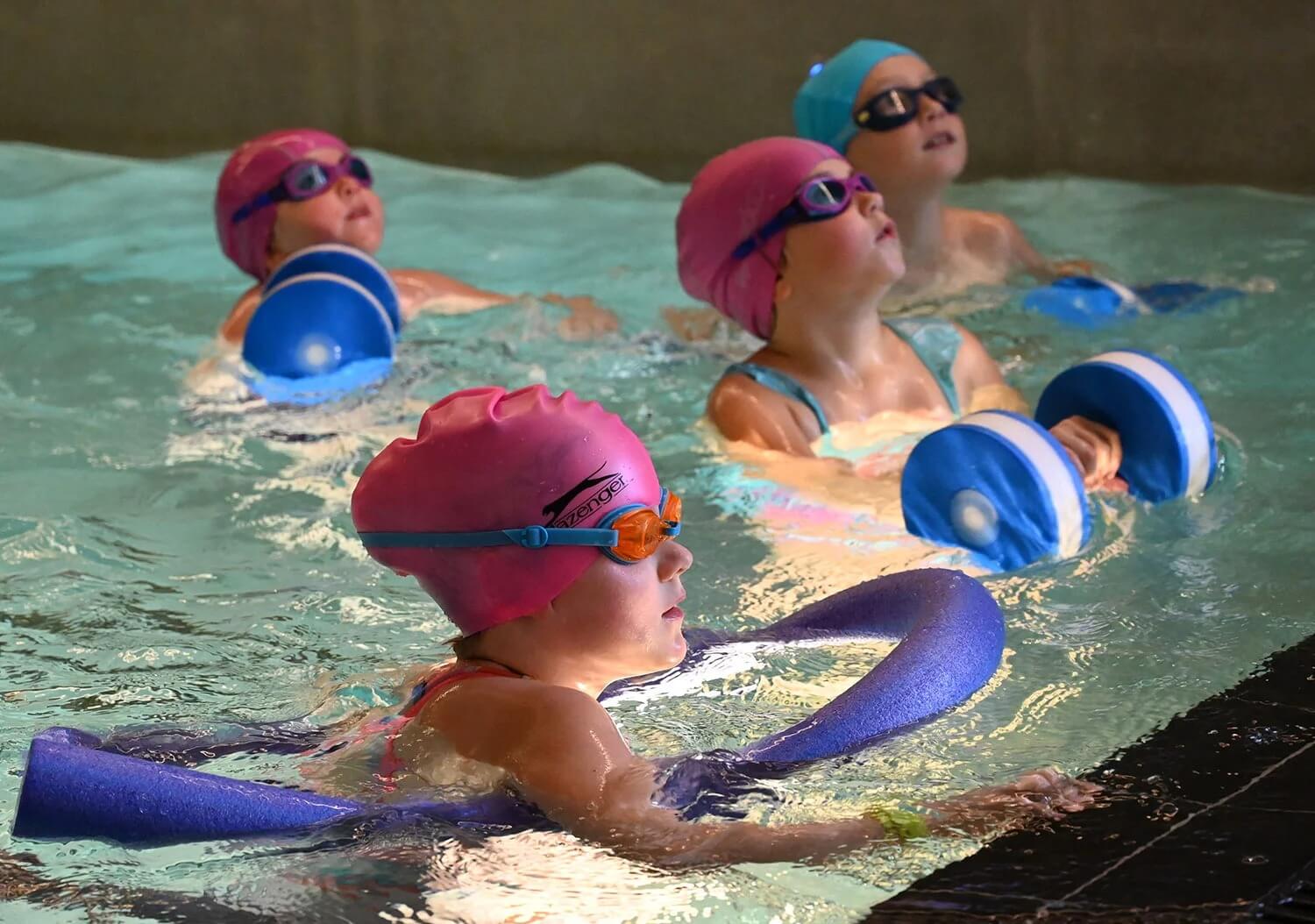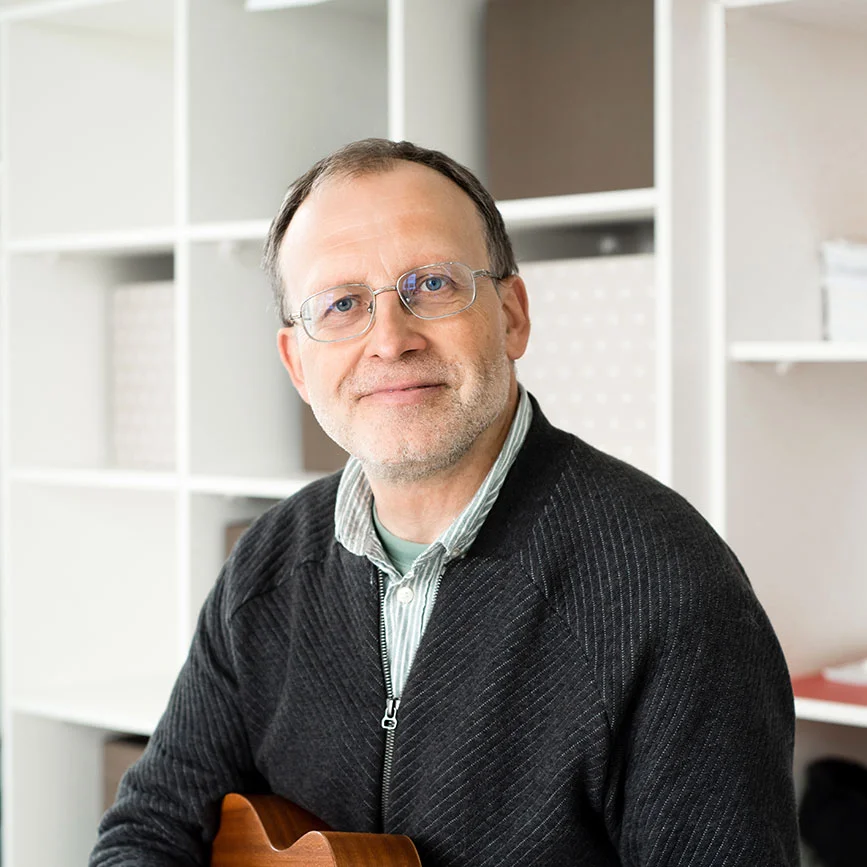Neformalusis ugdymas
Neformalusis ugdymas licėjuje grindžiamas tuo, kad vaikai jo metu gautų įvairiapusiškų žinių, skleistųsi jų fiziniai bei protiniai gebėjimai. Iš gausybės neformaliojo ugdymo pasiūlos atrinkdami būrelius savo mokiniams siūlome tik tuos, kuriuos veda profesionalūs neformaliojo ugdymo vadovai – konkrečios srities specialistai, žmonės, mylintys savo veiklą.
Šiais 2023-2024 mokslo metais siūlome vaikams rinktis šachmatų, vokalinės studijos, robotikos, karatė, baseino, šokių, golfo, IQ, ukulelių, krepšinio, kineziterapijos, verslumo ugdymo, fotografijos, dailės bei keramikos būrelius, kurie vyksta iš karto po pamokų ir vaikai gali būti užimti iki 18:00 val.

Šokių būrelis
Jo metu vyksta lankstumo lavinimas, kūno stiprinimo pratimai, judesių elementų ir choreografijų mokymasis, choreografinės atminties bei muzikalumo vystymas.


Vokalinė studija
Būrelis skirtas 0–4 klasių moksleivių muzikinių gabumų lavinimui bei smagiam laiko leidimui po pamokų. Muzikuodami drauge, mokiniai pažins ir atliks įvairių žanrų muziką, įgis sceninės kultūros patirties.
Užsiėmimų metu lavinamas balsas: mokomasi taisyklingo kvėpavimo, būtino dainavimui, skiriamas dėmesys intonacijai, ritmo pojūčio bei muzikinės klausos lavinimui ir, žinoma, kūrybiškumui. Kartu nepamirštama scenos kultūra: kaip reikia elgtis scenoje, įveikti jos baimę. Taip pat mokomasi ir sau pritarti instrumentu.
EIQ akademija
Vaikai mokosi pažinti skaičius ir skaičiuoti pagal pasaulyje pripažintą „NUMICON“ mokymosi programą. Tai matematinio skaičiavimo metodika, ypatinga tuo, jog vaikai mokosi suvokti skaičius per praktiką, lytėjimą, vaizdus bei žaidimą. „NUMICON“ priemonės padeda matyti bei paliesti aritmetinio veiksmo rezultatą, todėl įsiminti ir atlikti aritmetinius veiksmus yra daug lengviau.
Daugiau apie „EIQ Akademiją“: https://www.eiqakademija.lt/

Šachmatai
Robotika
Užsiėmimus veda iš „Robotikos akademijos“ atvykstantys mokytojai.
Prasmingai šiandien, reikšmingai rytoj!
Savo darbą mylintys ir atsidavę vaikams mokytojai.
Moderniausi LEGO Education robotai ir Ipad planšetės.
Įdomesnis ir naudingesnis nei kompiuteriniai žaidimai turinys.
Daugiau informacijos: https://bureliai.robotikosakademija.lt/robotika/


Karatė
Karate klubo „Karateka“ vadovas Denis Balinskis, o užsiemimus veda Lukas Čiulkinas : turintis 2 juodo diržo laipsnį. Daugkartinis Lietuvos tradicinio karate do čempionas ir prizininkas. Treniravimo patirtis 4 metai. Šiuo metu studijuoja Vilniaus Gedimino technikos universitete ir yra magistro studijų 2 kurso studentas.
Karate vaikams tikslas – supažindinti su tradiciniu karate menu žaidimo forma, stiprinti vaiko fizines ir dvasines savybes, koncentraciją bei koordinaciją, ugdyti nugalėtojo charakterį ir norą varžytis.
Daugiau informacijos: https://karateka.lt/
Baseinas
Tai puiki pramoga ir sportas – vaikai mokosi plaukti viename moderniausių baseinų Lietuvoje – „Fitus“ sporto klubo baseine. Į užsiėmimus mokiniai saugiai ir patogiai vyksta licėjaus transportu, o jų priežiūrą užtikrina atsakingas mokytojas. Kviečiame išbandyti ir išmokti plaukti arba tobulinti savo įgūdžius vandenyje.


Keramika
Keramikos būrelį veda Lietuvos dailininkų sąjungos narys Gvidas Raudonius. Menininkas aktyviai dalyvauja Lietuvoje ir užsienyje rengiamose parodose. Gvido keramikos kūrinių yra įsigiję daugelis Lietuvos ir užsienio muziejų, privačių asmenų. Menininkas kuria savo studijoje bei rengia keramikos kursus vaikams ir suaugusiesiems, todėl tai puiki galimybė atrasti keramikos žavesį ne tik vaikams, bet ir jų tėveliams.
Ukulelių būrelis
Būrelis skirtas muzikinių gabumų lavinimui bei smagiam laiko leidimui po pamokų. Darbas vyksta grupėje. Muzikuodami drauge, mokiniai pažįsta ir atlieka įvairių žanrų muziką, įgyja sceninės kultūros patirties. Būrelio vadovas – muzikos mokytojas Eirimas Velička.

VIZUALIEJI MENAI
Visai gali būti, kad tu turi gabumus, apie kuriuos net neįtari, o jei ir neturi (nors šiuolaikinį meną gali kurti ir nemokantys piešti), tai galbūt čia maloniai praleisi laiką ir apie dailę žinosi šiek tiek daugiau, gal sutiksi bendraminčių ar tiesiog pakvailiosi su dažais, nes dailė yra įdomus ir dažnai labai linksmas užsiėmimas. Netiki? Pabandyk! Užsiėmimus veda dailininkė, performanso ir instaliacijų menininkė, rašytoja Aistė Kisarauskaitė.


KINEZITERAPIJA
Kineziterapeutė Justė Bikinaitė darbo patirties įgijo ne tik vienoje didžiausių Lietuvoje VUL Santaros klinikose, bet taip pat gilino žinias Kroatijoje. Šiuo metu dirba su 2-6 metų amžiaus vaikais. Kineziterapijos užsiėmimų metu Justė: – Taiko pratimus, skirtus taisyklingos laikysenos įgūdžių formavimui, plokščiapėdystės profilaktikai; – Daug dėmesio skiria lankstumo, pusiausvyros, koordinacijos, jėgos ir ištvermės treniravimui; – Tris kartus per metus atlika vaikų fizinių ypatybių tyrimus ir vertinimus; – Su tėveliai dalinasi tyrimų rezultatais, progresu ir profesionalo rekomendacijomis.
